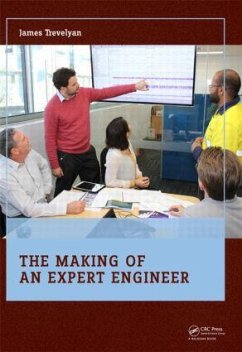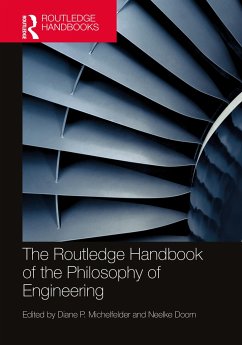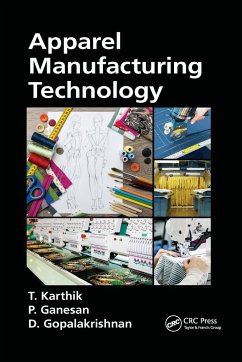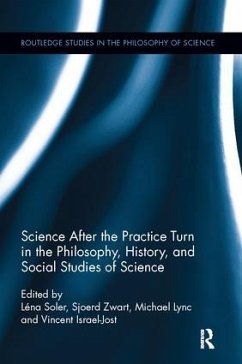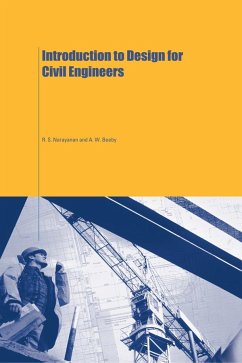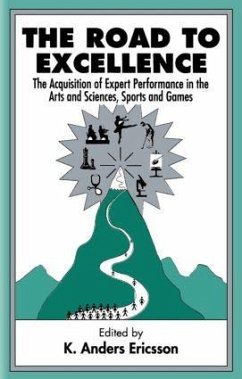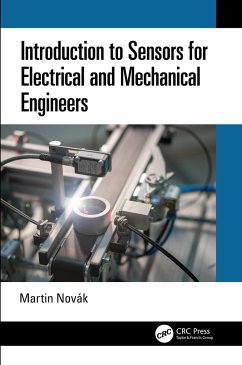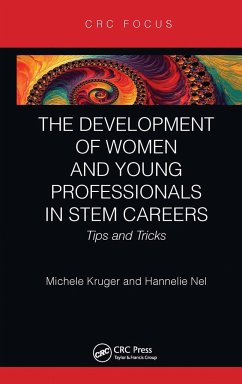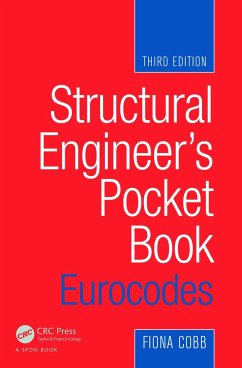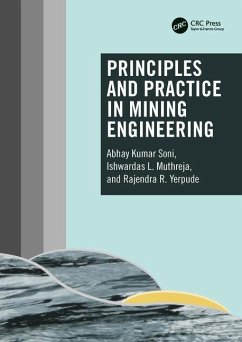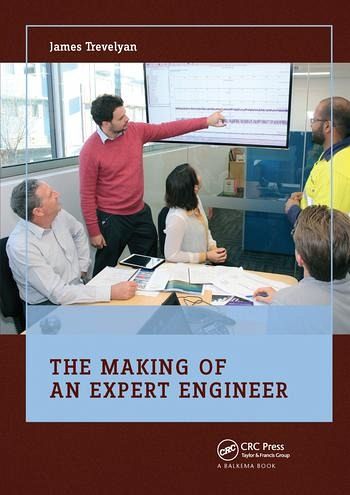
The Making of an Expert Engineer
Versandkostenfrei!
Versandfertig in 6-10 Tagen
55,99 €
inkl. MwSt.
Weitere Ausgaben:

PAYBACK Punkte
28 °P sammeln!
This book sets out the principles of engineering practice, knowledge that has come to light through more than a decade of research by the author and his students studying engineers at work. Until now, this knowledge has been almost entirely unwritten, passed on invisibly from one generation of engineers to the next, what engineers refer to as "experience". This is a book for all engineers. It distils the knowledge of many experts in one volume. The book will help engineers enjoy a more satisfying and rewarding career and provide more valuable results for their employers and clients. The book f...
This book sets out the principles of engineering practice, knowledge that has come to light through more than a decade of research by the author and his students studying engineers at work. Until now, this knowledge has been almost entirely unwritten, passed on invisibly from one generation of engineers to the next, what engineers refer to as "experience". This is a book for all engineers. It distils the knowledge of many experts in one volume. The book will help engineers enjoy a more satisfying and rewarding career and provide more valuable results for their employers and clients. The book focuses on issues often seen as "non-technical" in the world of engineering, yet it shows how these issues are thoroughly technical. Engineering firms traditionally have sought expert advice on these aspects from management schools, often regarding these aspects of engineering practice as something to do with psychology or organisational behaviour. The results are normally disappointing because management schools and psychologists have limited insight and understanding of the technical dimensions in engineering work. Little if any of the material in this book can be obtained from management texts or courses. Management schools have avoided the technical dimension of workplace practices and that is precisely what characterises engineering practice. The technical dimension infuses almost every aspect of an engineer's working day and cannot be avoided. That's why this book is so necessary: there has not yet been any authoritative source or guidance to bridge the gap between inanimate technical issues and organisational behaviour. This book fills this gap in our knowledge, is based on rigorous research, and yet is written in a style which is accessible for a wide audience.





